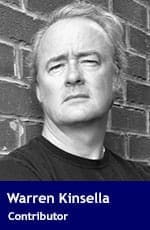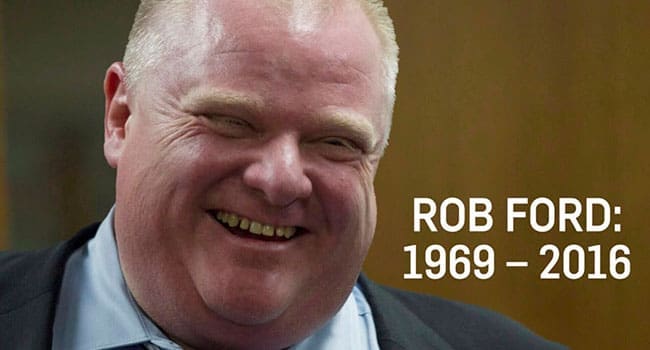 Children, someone once observed, are the only known form of immortality.
Children, someone once observed, are the only known form of immortality.
That rarely deters the makers of monuments, the curers of disease, the inventors and discoverers, the authors of books and songs and art: all valiantly attempt, in some small measure, to defy death. But we cannot ever hold mortality’s strong hand (per The Bard). The “undiscover’d country” awaits us all.
Politicians, and political folk, remain mulishly undeterred. They do not ever embrace politics to achieve riches: unless one is a crook, and also very lucky, there really aren’t any riches to be had. They do not do so to be loved: for many, all that lies ahead is hate mail, and the insults of strangers at baggage carousels. They don’t do it for their health, either: plenty of them start drinking too much, exercising too little, and – in a small minority of cases – even smoking crack.
Finally, they don’t succumb to the political life because it will bring them closer to their family. For a disproportionately-large number, politics routinely ends in divorce, and alienated offspring. It is, indeed, an unspeakably lonely life (per Kim Campbell).
So why does any sensible person do it?
Politicos are adrenalin junkies, to be sure. They love to skitter near the razor’s edge that divides exultant victory and crushing defeat. They also are drawn to The Life because it provides a kind of existential clarity: this one won, so he or she is a “hero.” This one lost, so he or she is a “zero.” There is accordingly a zero-sum moral simplicity to election night. Just as there is in, say, sports.
Mostly, however, political people are political because they crave immortality. It is how they think they will be remembered. There is no other rational explanation for their membership in a vocation that too often leaves their finances, their families, and their frame of mind in ruin.
All of this became pertinent with the passing of Rob Ford – whose death, along with the many other deaths in Brussels, was big enough to completely eclipse the Liberals’ first budget in more than a decade – and Jean Lapierre.
The untimely demise of Rob Ford and Jean Lapierre were undeniably momentous events. Despite the fact that both men were imperfect politicians, both are now being universally remembered as exceptional, as giants. No shining adjective has been spared. Ford was provided with the civic equivalent of a state funeral, and some here in Toronto want to name a park after him. Among other things, Lapierre was being lauded by one Liberal MP as a politician who “loved Canada,” quote unquote.
Except, well, this: Rob Ford behaved badly as mayor of Canada’s largest city. He drove drunk, he slurred minorities, he cavorted with gangsters, he trampled on ethics laws, and – most infamously – he smoked crack while in office.
Lapierre, meanwhile, was probably not someone who “loved Canada,” quote unquote. He quit the Liberal Party in 1990 when Jean Chretien became its leader – and he went on to form the separatist Bloc Quebecois in the House of Commons. He later became a Liberal, under Paul Martin, and proceeded to (a) call the Clarity Act “useless;” (b) recruit a half-dozen separatists to run under the Liberal banner; (c) illegally fire former Chretien chief of staff Jean Pelletier, a federalist, while Pelletier was dying of cancer; and (d) oversee the collapse of the Liberal Party in Quebec.
One shouldn’t speak ill of the dead, as every Irish Catholic knows. But Messrs. Ford and Lapierre would probably agree that, as politicians, they weren’t nearly as terrific as many are now saying they were. Both men, if they could do it over again, might have stuck to coaching football and broadcast journalism. Because both were truly great at those things.
Why the chorus of acclaim, then, from politicos who already know the unvarnished truth? Because the political choir also knows it is imperfect, of course. And the choir still desperately, desperately want to be immortal, their own many blemishes notwithstanding.
So they loudly sing the praises of the immortals, in the hope that someone will sing about them, too, when their time comes.
Warren Kinsella is a Canadian journalist, political adviser and commentator.
The views, opinions and positions expressed by columnists and contributors are the author’s alone. They do not inherently or expressly reflect the views, opinions and/or positions of our publication.


